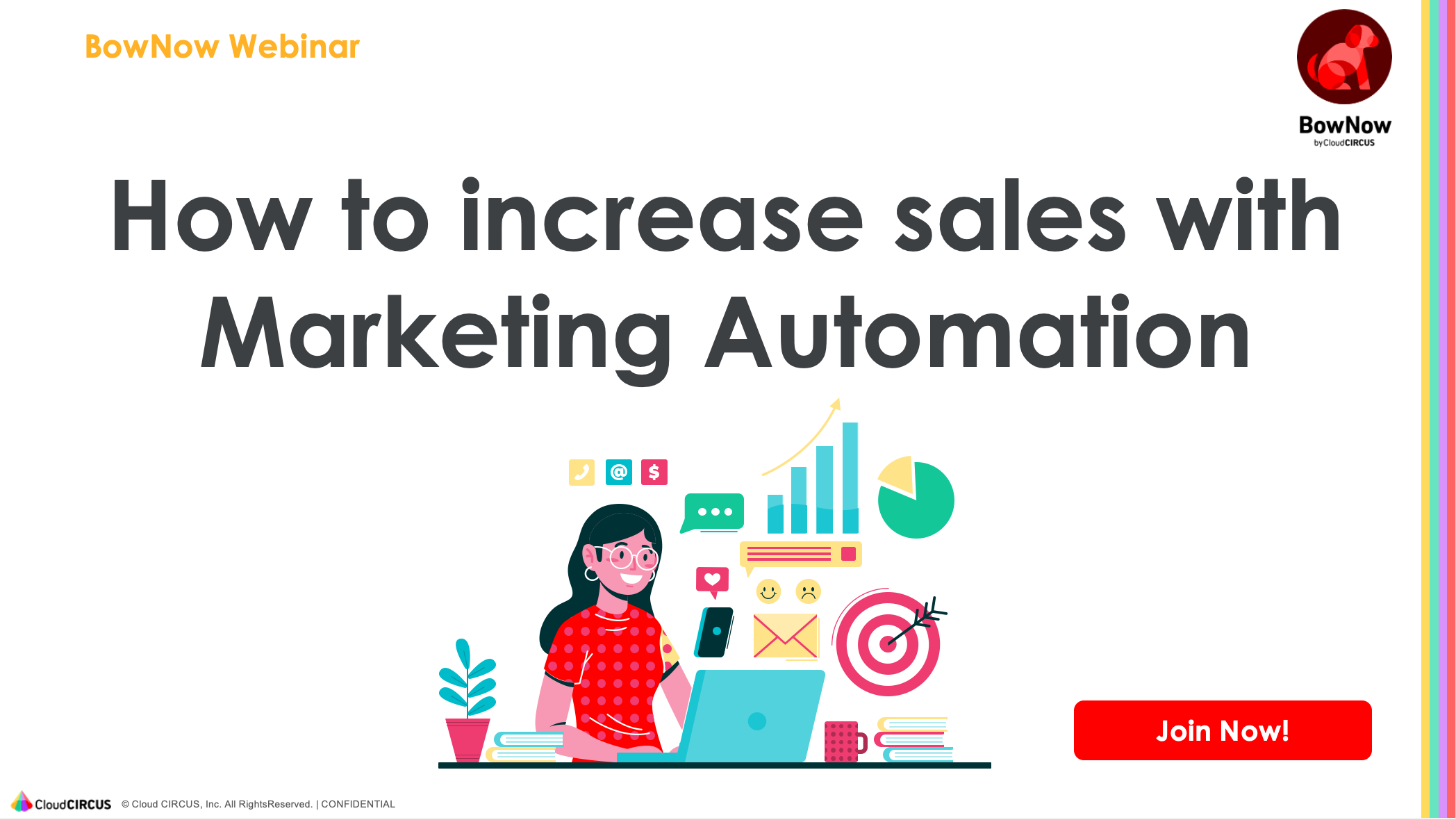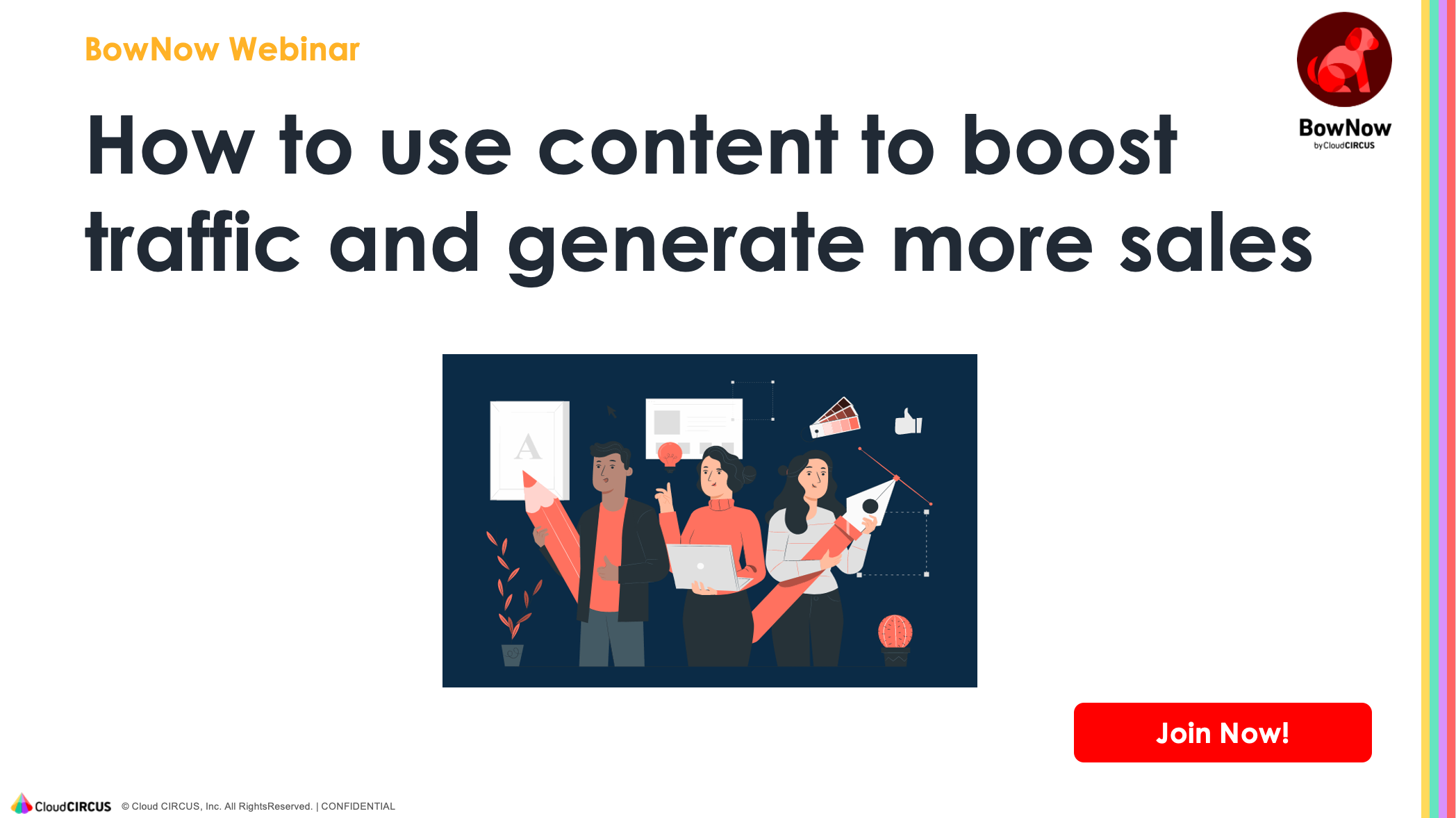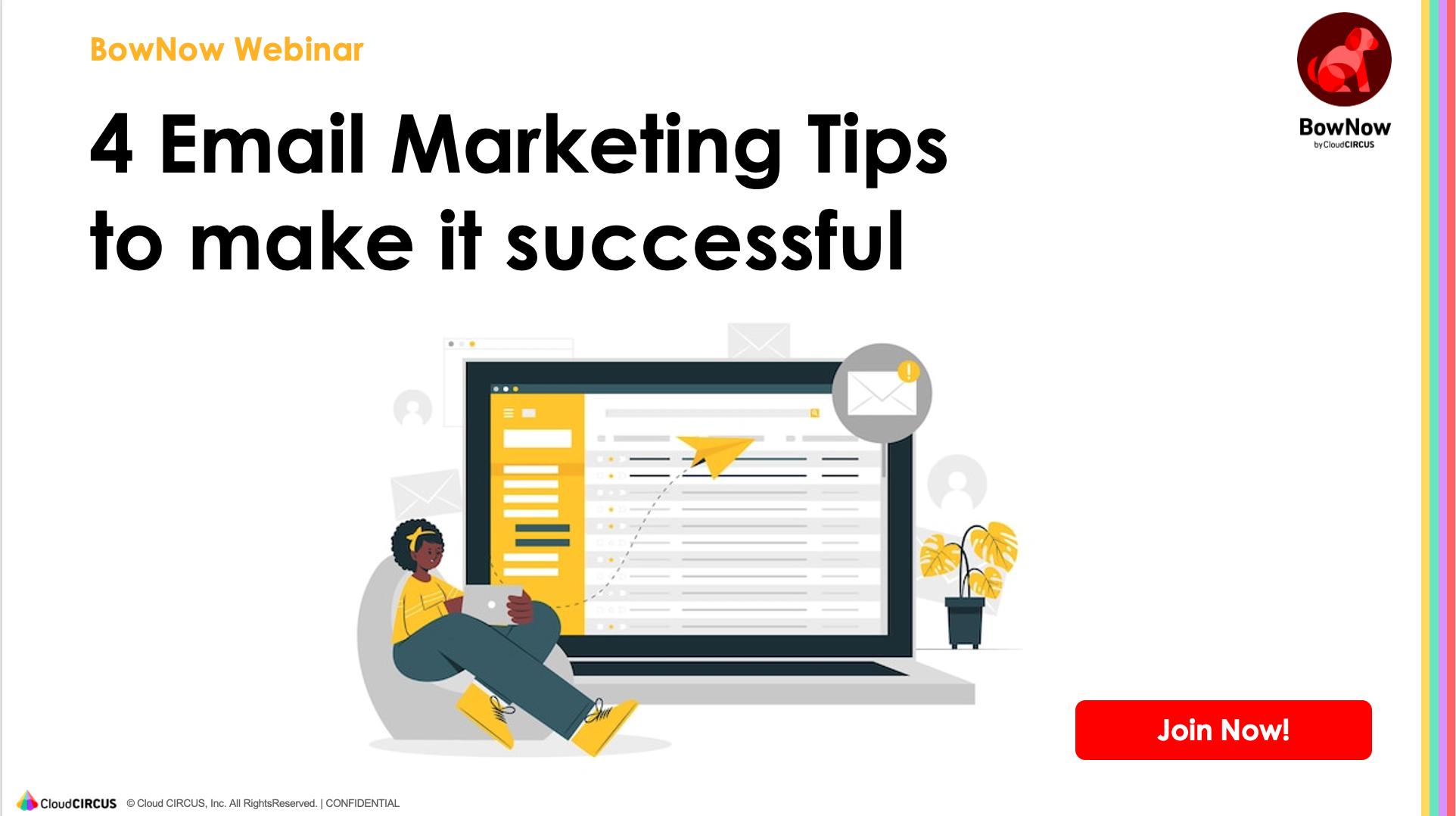What is Relationship Marketing? Definition, Benefits, and Strategies

In recent years, market competition has only grown more severe, making it difficult to generate stable profits and differentiate oneself in the long-term. At the same time, with the spread of social media, consumers now gather information and make purchase decisions on their own. From this, you can see a need to put in extra effort on maintaining the relationship between customer and company.
That’s where relationship marketing comes in. This marketing strategy aims to maximize the lifetime value of each customer by building good relationships with them and encouraging repeat purchases.
In this article, we will take a closer look at the background of relationship marketing, its benefits, and steps to implement it at your own business.
Table of Contents
What is relationship marketing?
Relationship marketing is a marketing strategy with the goal of maximizing profits by building strong relationships with customers and increasing their satisfaction with products and services.
This strategy depends on customer relationships to lead business growth, as opposed to expanding the market share of the company's products and services. It aims to build customer loyalty through repeated transactions and word-of-mouth diffusion.
Putting the customer's needs first, relationship marketing not only provides products and services that solve their unique problems, but also builds long-lasting relationships by following up with them after their purchase.
The growing importance of customer relationships
Changes in consumer behavior
With the popularization of the Internet and smartphones, consumers can now easily find information on products or services on their own. As a result, the number of consumers who wait for information to be given to them by sellers, which was common in the past, has decreased, and consumers who take active steps to gather information on their own have become the mainstream. This change is a major reason why relationship marketing has become so important.
Changes in the way consumers gather information
Changes in consumer behavior have made it possible for consumers to gather as much information as they need, and this has led to a demand for more transparent information when considering a purchase. The buying process has also lengthened, as customers take more time to go over each piece of content and continue searching until they can make a rational decision based on all the facts. This is why relationship marketing, which emphasizes the building of long-term relationships rather than fast sales, has received more attention over the years.
Because of these changes, the market is now centered around the consumer. This situation has created the need for relationship marketing, which considers the customer's perspective first and foremost.
Increased demand for personalization
Now that consumers have easy access to info online, the traditional approach of treating all customers the same way and providing them all with the same information is considered to be less effective. It has become necessary to provide personalized information based on data.
You now need to break your list of prospects and existing clients down into segments, and send content that is tailored to their interests and needs. One of the principle ideas in relationship marketing is to treat each customer as an individual, and personalized content is just one way of achieving this.
Benefits of relationship marketing
1. Increased life-time value per customer
Life-time value (LTV) refers to the predicted net profit of an ongoing relationship between a customer and a business. A maximized LTV is considered a huge benefit of relationship marketing. This is achieved as there will be more repeat purchases from existing clients, and you will have to invest less costs into new customer acquisition.
2. More repeat purchases + lower CPA
If you can gain the trust of your customers, they will be less likely to waver and switch to a competitor's products, and will repeatedly purchase from you. If you can develop products and a customer experience that keeps everyone satisfied, you can avoid customer churn as well.
3. Business growth through word of mouth
These days, when everyone is on social media and look to their peers or influencers to learn what’s trending, word of mouth advocacy is very powerful. If you can turn your customers into loyal customers - or better yet, fans - they will act as free advertisement to promote your products and services in their circles, helping you to attract new customers.
4. Larger average deal size
By cultivating loyal customers through relationship marketing, you can expect to increase the average deal size and the amount spent per year, thereby maximizing the amount spent per customer.
Relationship marketing strategies
Database marketing
Database marketing aims to increase sales by utilizing customer information such as purchase history, demographics, and survey data, to provide a more personalized experience. The purpose of database marketing is not to develop new customers, but rather to build stronger relationships with existing clients, and it is a very effective method of relationship marketing.
By focusing on the needs of the customer, it is possible to provide detailed support, increase the likelihood of receiving orders by approaching customers as their needs arise, and reduce work time by centralizing customer data. Ultimately, database marketing leads to a more efficient marketing~sales funnel.
Account-based marketing (ABM)
Account-based marketing (ABM) is arguably the most popular B2B marketing strategy. ABM involves pinpointing the highest-value clients and targeting all your marketing messages, content, sales efforts, etc. towards them. By seeking quality rather than quantity of customers, you can focus your resources on companies with high LTV potential, thereby expanding your marketing ROI.
Since your target is narrowed down to a select few groups, you need only focus on their data, making it easier to keep track of which prospects are active and engaging with your brand online.
Related Article: What is Account-Based Marketing (ABM)? Definition, Examples, and Tools
One-to-one marketing
One-to-one marketing is a hyper-personalized strategy. Communication is all based on the customer’s unique values, interests, and situation. The main advantage of this approach is that it can improve the cost-effectiveness of marketing by sending out targeted information, while also improving the relationship with customers by providing a better experience.
Since content is not sent out to your entire list at once, you need to spend time planning different messages for each target, which can be time-consuming, but also highly effective.
Summary
All in all, incorporating the methods and ideas of relationship marketing into your current strategy can only benefit your business. Relationship marketing is especially recommended for SMEs with a smaller customer base to start with, in order to see sales growth in a shorter time span. Even if you have a limited budget to spend on advertising, for example, with relationship marketing, you depend on word of mouth advocacy to naturally attract new customers, so it’s not a problem.
Related Articles:
Customer Success Models: High Touch, Low Touch, Tech Touch, and Community Touch

.jpg)
.jpg)
.jpg)


